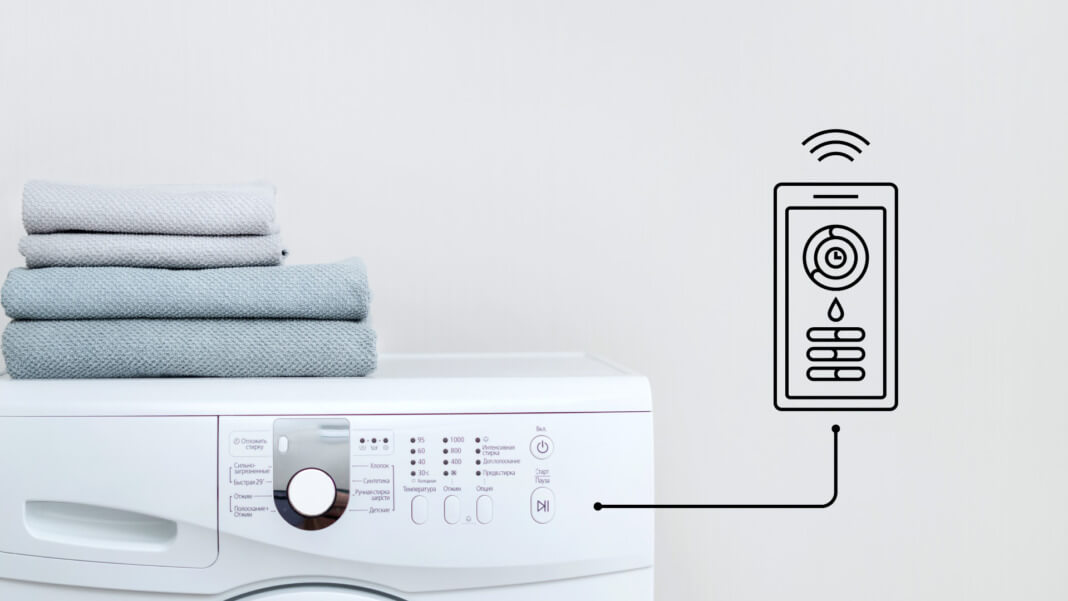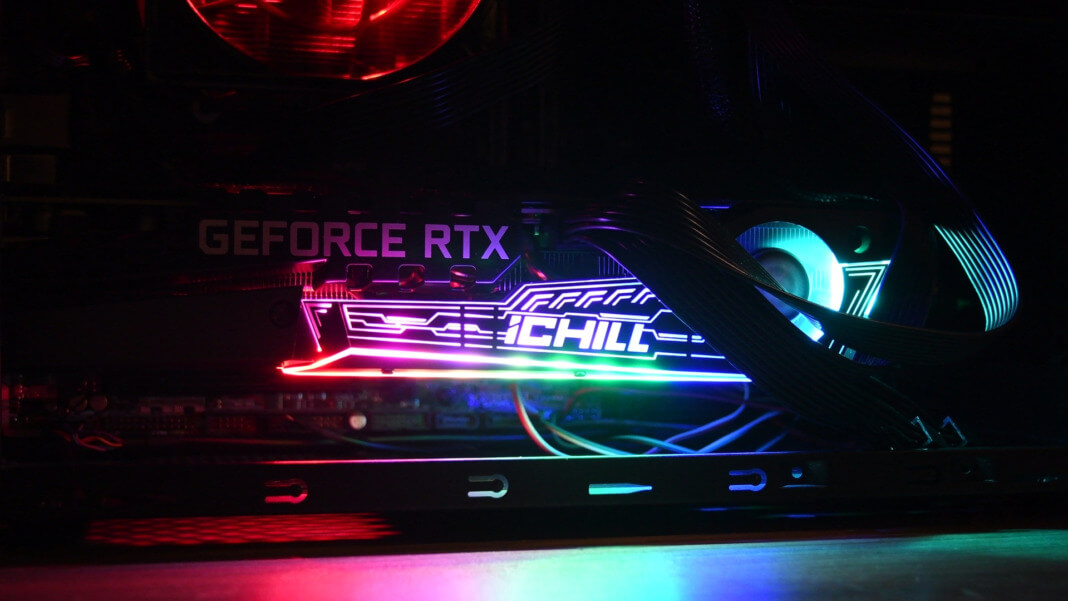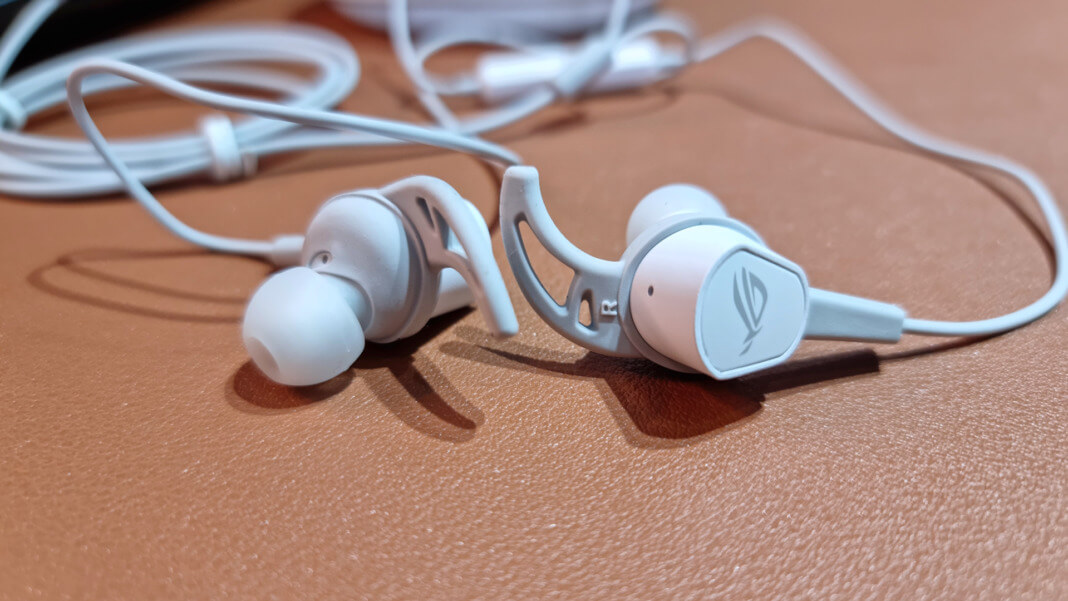Over the past several years, smart homes have grown in popularity, which has come to the rise of smart bathroom devices. Over 52 million homes in the United States have smart capabilities, and that number just keeps growing with each passing year. People are using this smart technology for various purposes such as convenience, safety, and lower bills.
A smart bathroom provides a customized bathroom experience, from controlling water temperature to selecting the tub’s fill level, all at the touch of a button or voice command.
Here are some of the top smart bathroom technology trends in 2021.
Smart toilets: One of the most wanted smart bathroom devices is a smart toilet. These toilets have features such as seat warmers, touch-free automatic lids, night lights, and speakers. Smart toilets are also much more hygienic as they are touch-free and self-cleaning.
Interactive LED mirrors: Interactive LED mirrors have a built-in display to showcase daily headlines, the time, weather, and more, all while the user does their morning routine. Similar to Amazon’s Alexa device, users can ask these interactive mirrors any questions they may have. This mirror can also connect to other smart devices in the home, and, with a simple voice command, it can trigger another device to start the user’s morning coffee while they are still brushing their teeth.
Adjustable privacy glass: This smart privacy glass allows users to change between transparency and opacity in their bathroom windows. This can block total vision from the outside for privacy while the user can still soak up some vitamin D. It is easy to change the windows from clear to frosted via voice command or smartphone app. Perhaps the most advanced feature of this glass is the ability to project movies onto the glass directly from a smartphone via Bluetooth.
Smart shower: Smart showers let the user control water pressure and temperature, all with a voice command or touch of a button. The user can even start their shower and adjust it to the correct setting before entering the bathroom. A smart shower is also a notable safety feature as it can prevent the water from getting too hot and burning the user.
Chromatherapy lights: Color plays a significant role in a person’s thoughts and emotions. Chromatherapy uses colored lighting in a bathroom to set a feeling. These high-intensity colored lights are controlled by remote and have different settings such as color, brightness, and intensity customized to the users’ preferences.
Floor heating system: Floor heating systems use thermal radiation to keep floors warm. This will heat the homeowners’ floors much faster than a traditional heating system. Temperature and timer settings can be controlled by app or voice control.
Smart scale: A smart scale is the perfect smart bathroom upgrade for users looking to take control of their health. Smart scales can track and store data and automatically send this data to a user’s other devices. For example, some smart scale data can track a person’s weight and additional information about their body composition.
Smart faucets: Smart faucets allow users to control their water usage, preheat or pre-cool their water, and have an overall hands-free sink experience. Users can control their faucets via smartphone or voice command depending on the brand of faucets.
Floatation tub: A floatation tub is a lightproof and soundproof tank filled with saltwater and heated to skin temperature allowing the user to float completely. The experience brings stress relief, detoxes the body, and helps relieve aches and pains. This feature adds a spa-like experience to smart bathrooms.
Smart water assistant: Smart water assistants help owners save big on their water bills. This smart system prevents leaks, detects leaks, and helps identify hidden flaws.
Water recycler: Water recyclers recycle up to 95% of the water from showers, baths, washing machines, and air conditioners and reuse this water for toilets, garden irrigation, and swimming pools. This smart feature keeps bills low and benefits the environment.
Smart washer and dryer: Internet-connected washers and dryers have features like starting a load from your phone, push notifications when a load is complete, and alerts when maintenance is needed. Smart washers and dryers also detect how much detergent is needed per load, monitor energy consumption, and have the ability to auto-run cycles during off-peak hours. This smart technology makes laundry less of a hassle.
Aromatherapy diffuser: Aromatherapy diffusers use natural essential oils to create a calming experience in the bathroom. The diffuser’s features can be controlled via voice control or a smartphone app.
Smart thermostat: Smart thermostats allow the users to remotely control temperatures in their house, set automatic preferences, and maximize energy consumption. Eventually, the smart thermostat will learn the user’s routine and shared preferences and begin functioning independently to save energy.
Soaking tubs: A soaking tub is a freestanding tub that completely submerges the user’s body into the water. Bath therapy has many benefits, such as relief from chronic aches and pains, skin detoxification, and improved heart health.
Overall, Smart bathrooms are a booming trend. These technology features have been proven to improve the health and well-being of their users, not to mention lower their bills and home insurance costs. As a result, these smart trends will boom over the years to come.






